January 28, 2016
The future of next generation TMT workplaces explored in new report 0
 A new report from property adviser Cushman & Wakefield claims to outline the key future property trends for TMT workplaces based on the views of decision makers from global Fortune 500 organisations, architects, designers, founders of start-ups and high-growth businesses. The Future of the TMT Workplace report produced in association with Unwork, identifies the key forces ‘driving change and necessitating TMT players to fundamentally rethink their workplace strategies’. These include frictionless growth, engineered serendipity, the ‘gig’ economy, the pace of technological change, demand for top technological talent far outstripping supply and where to locate in order to succeed.At this week’s launch event for the report, a panel of expert speakers agreed that workplaces have a critical for TMT firms to respond to challenges such as the need to attract the most talented tech workers.
A new report from property adviser Cushman & Wakefield claims to outline the key future property trends for TMT workplaces based on the views of decision makers from global Fortune 500 organisations, architects, designers, founders of start-ups and high-growth businesses. The Future of the TMT Workplace report produced in association with Unwork, identifies the key forces ‘driving change and necessitating TMT players to fundamentally rethink their workplace strategies’. These include frictionless growth, engineered serendipity, the ‘gig’ economy, the pace of technological change, demand for top technological talent far outstripping supply and where to locate in order to succeed.At this week’s launch event for the report, a panel of expert speakers agreed that workplaces have a critical for TMT firms to respond to challenges such as the need to attract the most talented tech workers.







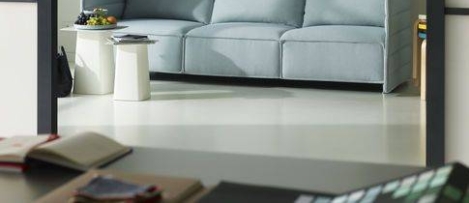

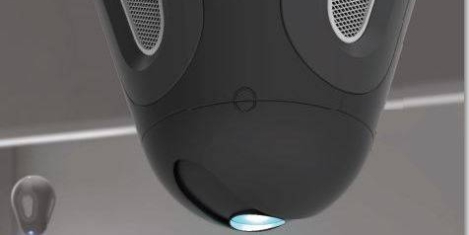
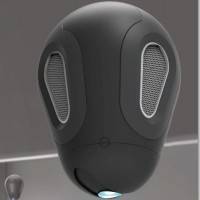
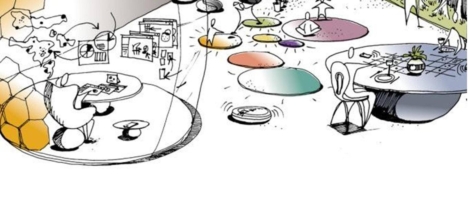
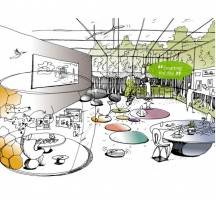
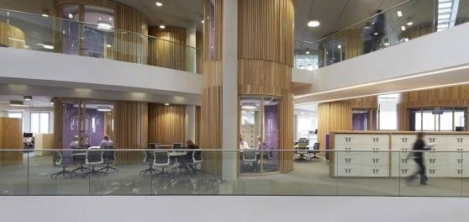



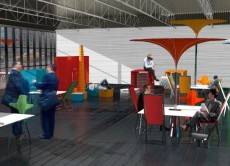











March 10, 2014
The workplace of the future is one founded on uncertainty
by Mark Eltringham • Comment, Facilities management, Flexible working, Technology, Workplace, Workplace design
More →